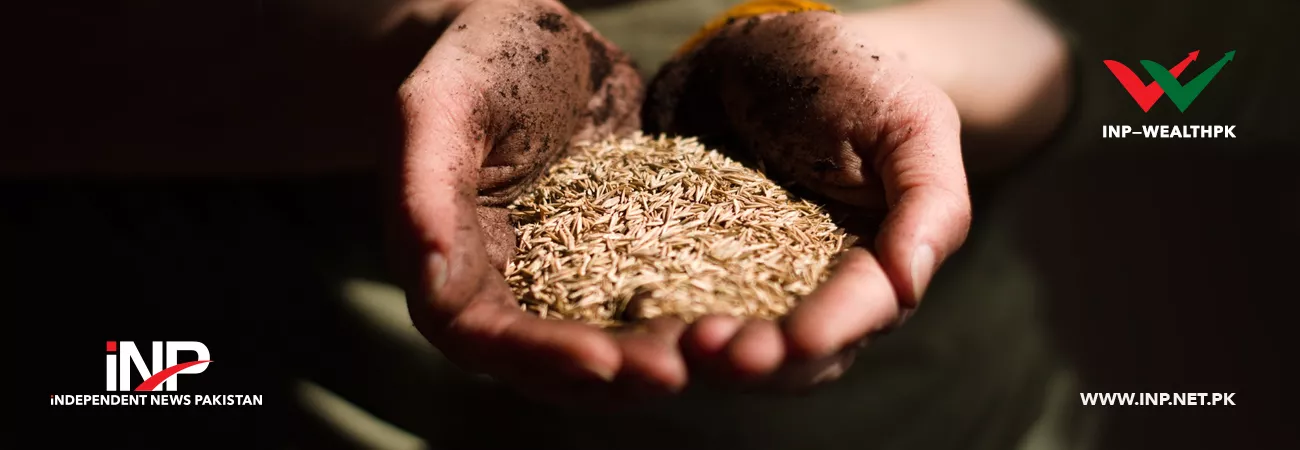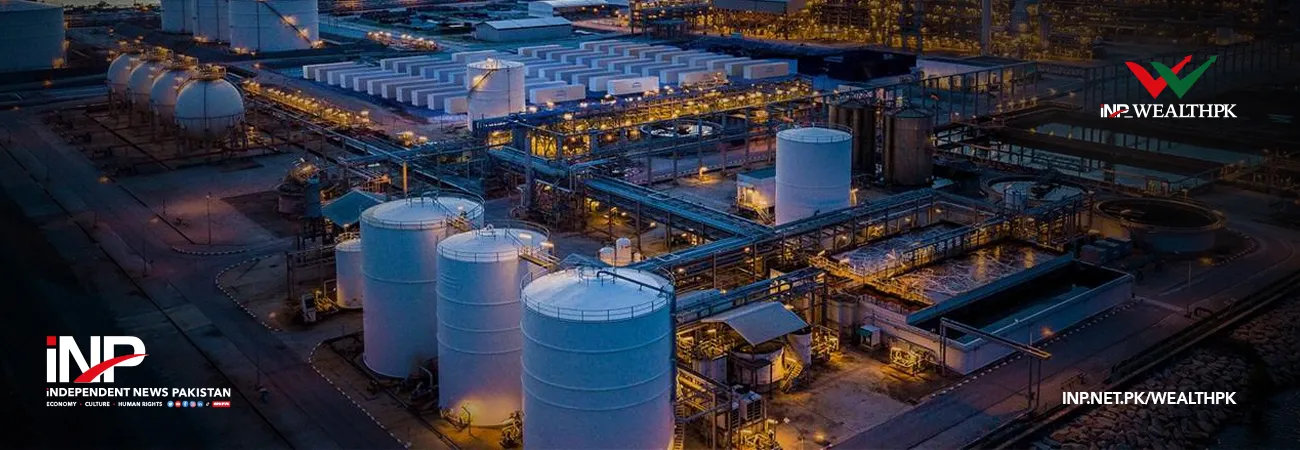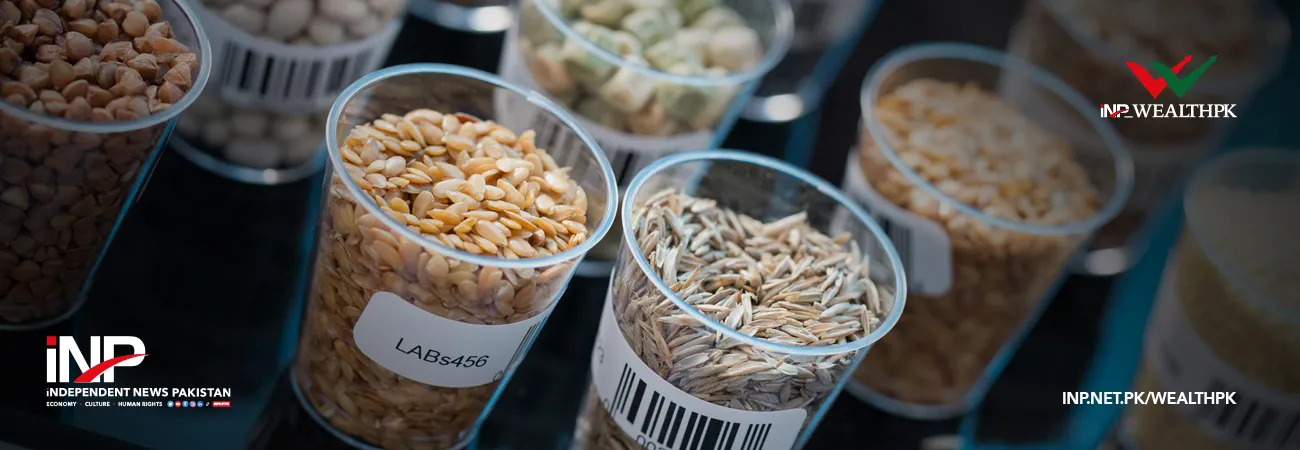INP-WealthPk
Arooj Zulfiqar
Ensuring food security is one of the gravest challenges facing developing countries like Pakistan on their path to eradicating poverty.
Talking to WealthPK on the matter, Abid Qayyum Sulehri, the Executive Director of Sustainable Development Policy Institute (SDPI), a think tank, said Pakistan’s 21.9% population was living below the national poverty line, but a much larger number, which was unaccounted for, was living below the extreme poverty line.
He added that people were already facing food crisis and the recent floods had exacerbated the situation. “The floods have cumulatively caused a loss of about $40 billion to the national economy, pushing another 15 million people into poverty.”
He went on to say that 16 million people of the 33 million affected by floods were children, the majority of whom were deprived of nutrition and essential vaccinations.
“Countless people have lost their livelihoods, and crops on millions of acres have been washed out. Their life has become more challenging due to the failure of cotton, sugarcane, rice, and other vegetable crops,” he added.
Abid Sulehri further said in an agrarian country like Pakistan, where agriculture is the key sector of the economy, guaranteeing food security is very essential for eradicating poverty. “The government should focus on early rehabilitation of agricultural lands so that farmers can cultivate crops, as better crops will result in higher yields and profitable returns for farmers, thus improving their standard of living.”
He said according to the World Bank's regional economic outlook as well as the IMF’s global economic outlooks, Pakistan was in the direction of a perfect storm. “Conflict, the Covid-19 pandemic and climate change have all contributed to a triple-C crisis in Pakistan. Their combined effect has caused poverty levels to grow steeply.”
The SDPI executive director suggested assessing the challenges, both old and new, and overcoming them through either tried-and-tested methods or novel approaches. “We must address the food and nutritional needs of those affected by the flooding on top of their speedy rehabilitation.”
Talking to WealthPK, Irshad Khan Abbasi, Head of Innovation and Integration, Pakistan Poverty Alleviation Fund, said that food insecurity not only resulted in poor health and low productivity, but also created instability in the country and the region.
He pointed out that Pakistan was the most disaster-affected country in the world at present, facing catastrophes in one form or another. “We should be well prepared for adoption and mitigation. Our development professionals and legislators need to work together on this issue.”
He said according to the global hunger index, Pakistan ranked 92nd out of 116 countries. “We reduced poverty by 50% in 2015, from 57% to 24.3%, but after these two catastrophes – the Covid-19 pandemic and floods – poverty has once again increased to 35.7% in 2022.”
Irshad Abbasi said Pakistan should respond to these disasters by ensuring preparedness, especially at the community level. “Long-term planning is what we need. We should strengthen our communities with the provision of financial and physical assets to overcome poverty. We also need to address a very important element, crop and livestock insurance to help our farming community in the midst of disasters.
Credit : Independent News Pakistan-WealthPk













